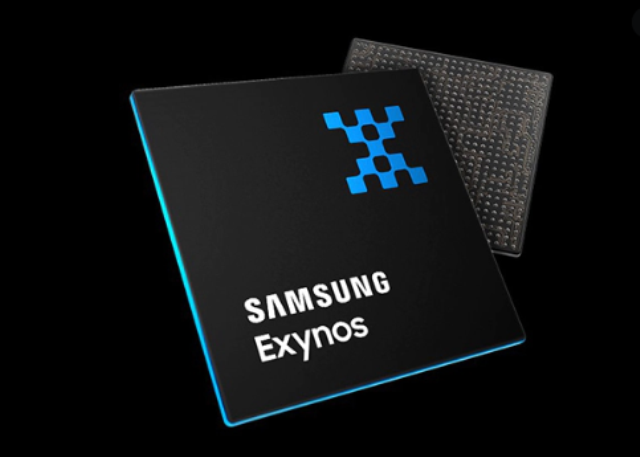Samsung Electronics may supply Exynos-based smartphone application processor (AP) to Xiaomi, Vivo, and OPPO in 2021.

US-based Qualcomm is the leader in the worldwide smartphone AP market with a 32 percent revenue share, followed by Huawei’s HiSilicon with 22 percent and Apple with 19 percent.
Research firm Strategy Analytics estimates that smartphone AP shipments declined 16 percent year-on-year in Q2 2020, driven by COVID-19-led weakness.
Smartphone AP market revenue rose 20 percent.
Smartphone APs with on-device artificial intelligence (AI) registered strong growth even as the total market declined and accounted for 70 percent of total smartphone APs shipped in Q2 2020, up from 48 percent in Q2 2019.
Top-selling smartphone AI APs include Apple A13 Bionic, Qualcomm Snapdragon 765/G and HiSilicon Kirin 990.
Stand-alone AP shipments grew 36 percent as vendors such as Qualcomm and Samsung used stand-alone AP approach to address the flagship 5G market in 2020.
Samsung LSI Business Division has started to reduce the supply of Exynos chipsets to Samsung’s wireless business division (ostensibly the smartphone unit) due to low profit margins. It is looking for new customers, according to a report in BusinessKorea.
Xiaomi and OPPO sought Exynos chipsets as they need more processors in order to expand production in light of Huawei’s woes.
The Exynos AP had been mostly used for Samsung’s Galaxy smartphones until the mid-2010s.
Samsung Electronics’ Wireless Business Division, which also used Qualcomm APs, leveraged the Exynos APs in negotiations with Qualcomm.
Currently, Qualcomm is the primary supplier for APs in premium handsets, so the Exynos chips in the budget lineup might grow the recognition of the brand.
Early this year, Samsung decided not to use the premium AP Exynos 990 for the Galaxy S20 model released to the Korean market, a setback for its premium AP.





